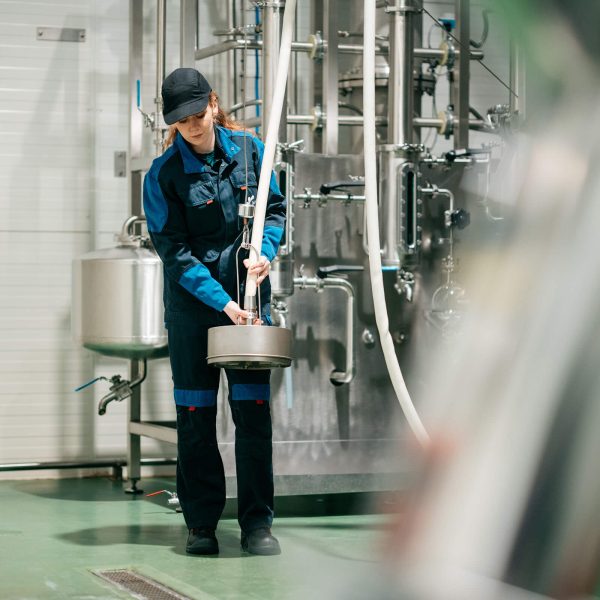
Antofénol plant extraction – technology and nature at their best for the cosmetics industry
24 November 2022
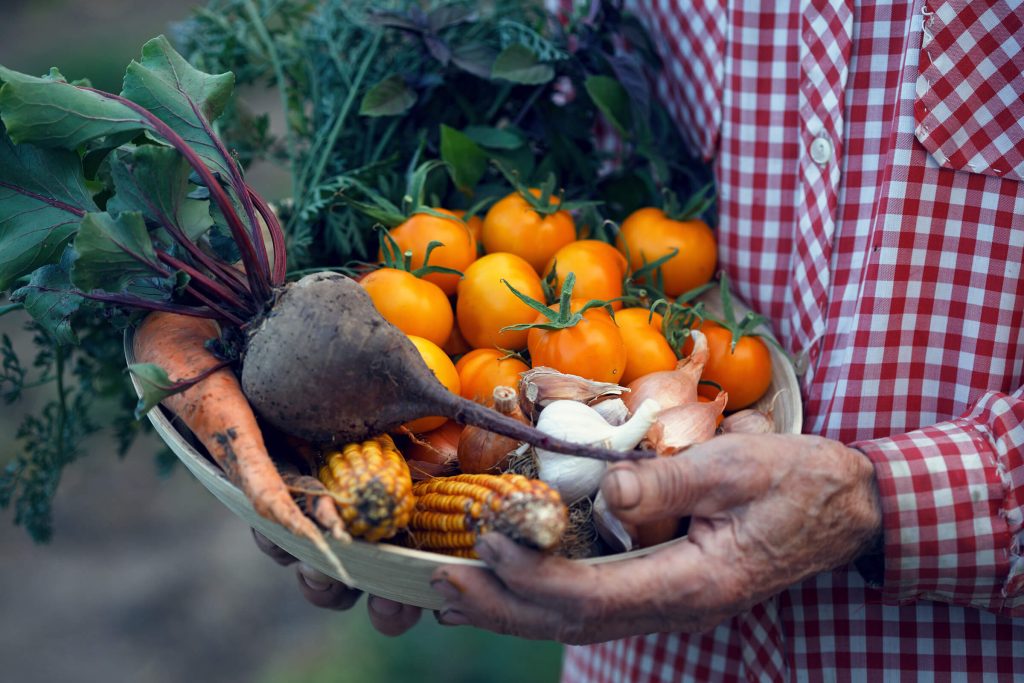
Next post ›
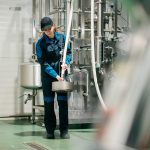
Antofénol plant extraction – technology and nature at their best for the cosmetics industry
Maintaining an optimal level of crop protection while avoiding conventional phytosanitary products is one of the major challenges facing the agricultural world. Reducing the use of pesticides, which cause a significant impact on the environment and human health, is no longer optional. Biopesticide is an attractive solution for achieving this goal. Let’s take a closer look at these innovative solutions and their uses in agriculture and other sectors.
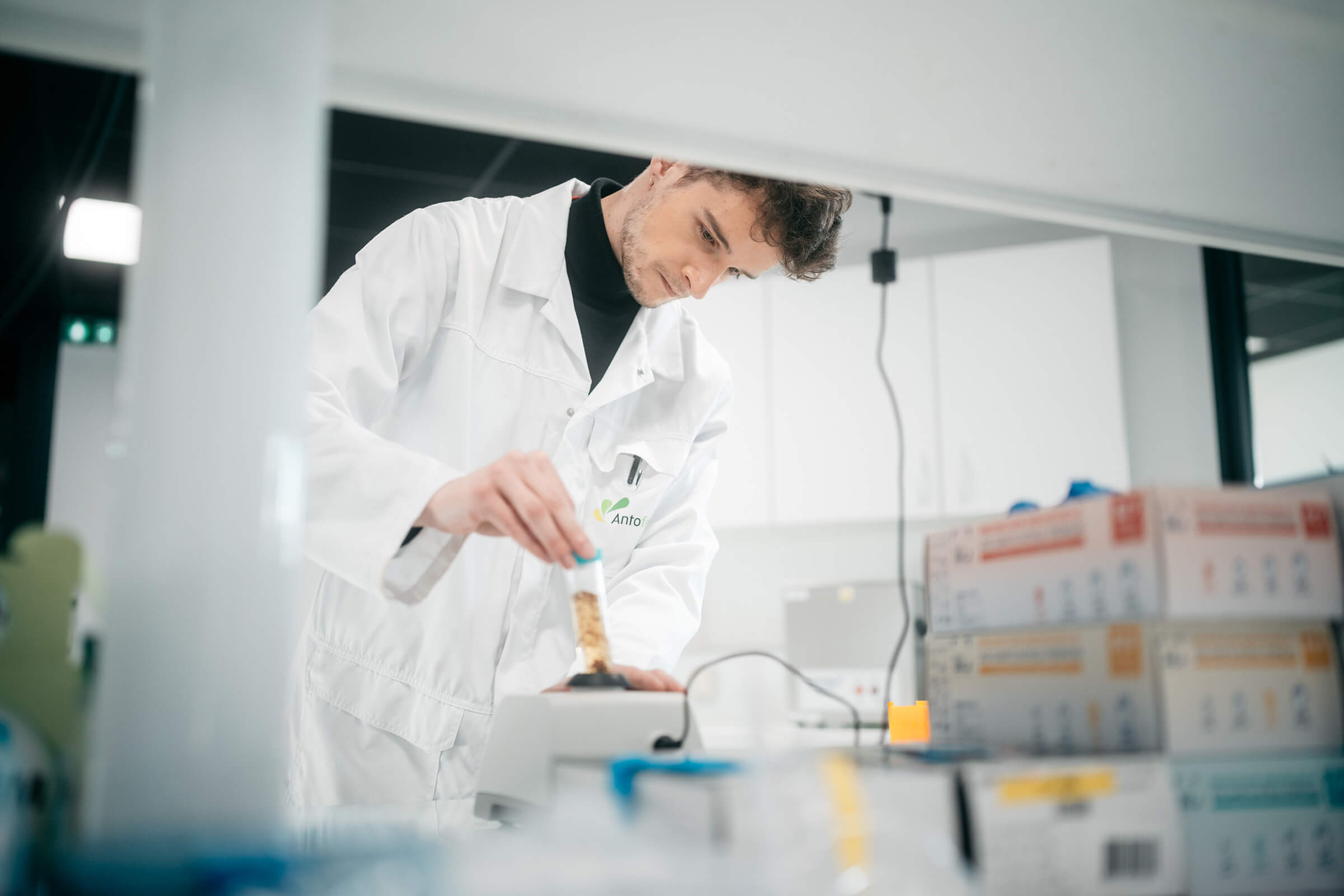
Biopesticide is the practice of naturally protecting agricultural crops from disease, harmful insects or other pests without using chemical pesticides. To achieve an optimal level of protection against aggressors (insects, mould, etc.), the methods put in place make direct use of naturally occurring defence mechanisms. By drawing on the way species interact in the natural environment, biocontrol can help manage agricultural pests rather than trying to eradicate them.
Although only recently conceptualised, biopesticide has been around for several millennia. There is evidence of biopesticide processes in China, where ants have been used to control scale insects in citrus orchards.
Biopesticide uses different types of agents to provide crop protection :
Biopesticide is being developed for the agricultural sector. Crop protection is a major issue for farmers. The use of pesticides has become problematic due to the significant impact they have on the environment and human and animal health. It is in this context that biocontrol offers a real solution and a safe, ecological, sustainable and eco-responsible alternative to the chemical products used up to now. Reducing crop losses, both in the pre- and post-harvest stages, by making use of the plant world in an ecologically responsible manner, is a sustainable and reliable alternative to using chemical pesticides.

The move away from conventional crop protection has gradually become such a major issue that France has chosen to write it into law to give it the necessary momentum. Firstly, in Article L253-6 of the Rural and Maritime Fishing Code, biopesticide is defined as “agents and products using natural mechanisms in the context of integrated pest management”. This law reduces the time needed for the pre-market assessment of new biopesticide products, with the aim of both guaranteeing total safety for users and facilitating their introduction on the market and use.
Since the introduction of the Egalim law in 2018, France has also put in place a strategy aimed at fostering the development of biopesticide, with the objective of halving the use of phytopharmaceutical products by the year 2025. with the objective of halving the use of phytopharmaceutical products by the year 2025. What is currently a choice driven by the farmer’s own desires and ideals will become an important part of the crop protection system in the future.
Biopesticide also forms part of integrated crop protection, established by EU Directive 2009/128/EC as the
careful consideration of all available plant protection methods and subsequent integration of appropriate measures that discourage the development of populations of harmful organisms and keep the use of plant protection products and other forms of intervention to levels that are economically and ecologically justified and reduce or minimise risks to human health and the environment. Integrated pest management emphasises the growth of a healthy crop with the least possible disruption to agro-ecosystems and encourages natural pest control mechanisms.

Antofénol’s mission is to provide crop protection using the plants’ own defence mechanisms without disturbing the natural environment. We provide innovative solutions for farmers by developing phytopharmaceutical products using selected raw materials and eliminating the impact on the environment and human health. Antofénol is taking respect for the environment a step further by using organic waste from farming to create an energy and resource efficient loop.
Antofénol has developed a unique eco-extraction process for extracting compounds for use in biopesticide products. By combining three eco-extraction technologies (vacuum, microwaves and agitation) in a single piece of equipment, Antofénol is able to extract useful substances from the plant while limiting its environmental impact. This highly innovative technique eliminates the use of chemical solvents and reduces the extraction time to less than an hour. The method is suitable for all types of plants, which makes it particularly beneficial. The extracted plant substances are highly concentrated.
To meet the major agricultural challenges of the 21st century, Antofénol is continually researching and developing new products in its laboratories. Through highly innovative processes, Antofénol’s R&D teams are able to develop products that are resource efficient, environmentally friendly and have no harmful impact on end users.
Driven by environmental protection concerns and a deep-rooted belief in the preservation of natural resources, Antofénol works hard every day to offer new solutions that meet the needs of today’s farmers. This is the context in which Antofénol’s flagship biopesticide product, antoferine, was created.

Vineyards produce between one and two tonnes of agricultural waste (vine wood) per hectare per year, which is currently rarely exploited. However, this wood contains a veritable natural defence mechanism which, once extracted, produces an antifungal product with many possible uses. This is antoferine.
Thanks to our innovative eco-extraction process, the useful molecules are extracted from the vine wood and then used to develop a product for application. No chemical solvents are used during the process and the eco-extraction technology developed by Antofénol considerably reduces the extraction time (from several hours to less than an hour). This is how the Antofénol laboratories managed to obtain a biopesticide product by recovering part of the agricultural waste produced by the vineyard.
The food industry stores and transports tons of fruit and vegetables from harvest to aisle. Storage and transport conditions provide an ideal breeding ground for fungi, which then make part of the harvest unfit for consumption. To control this fungal contamination, most agricultural and retail stakeholders use chemical preservatives, whose environmental impact is painfully obvious. This is where antoferine comes into its own.
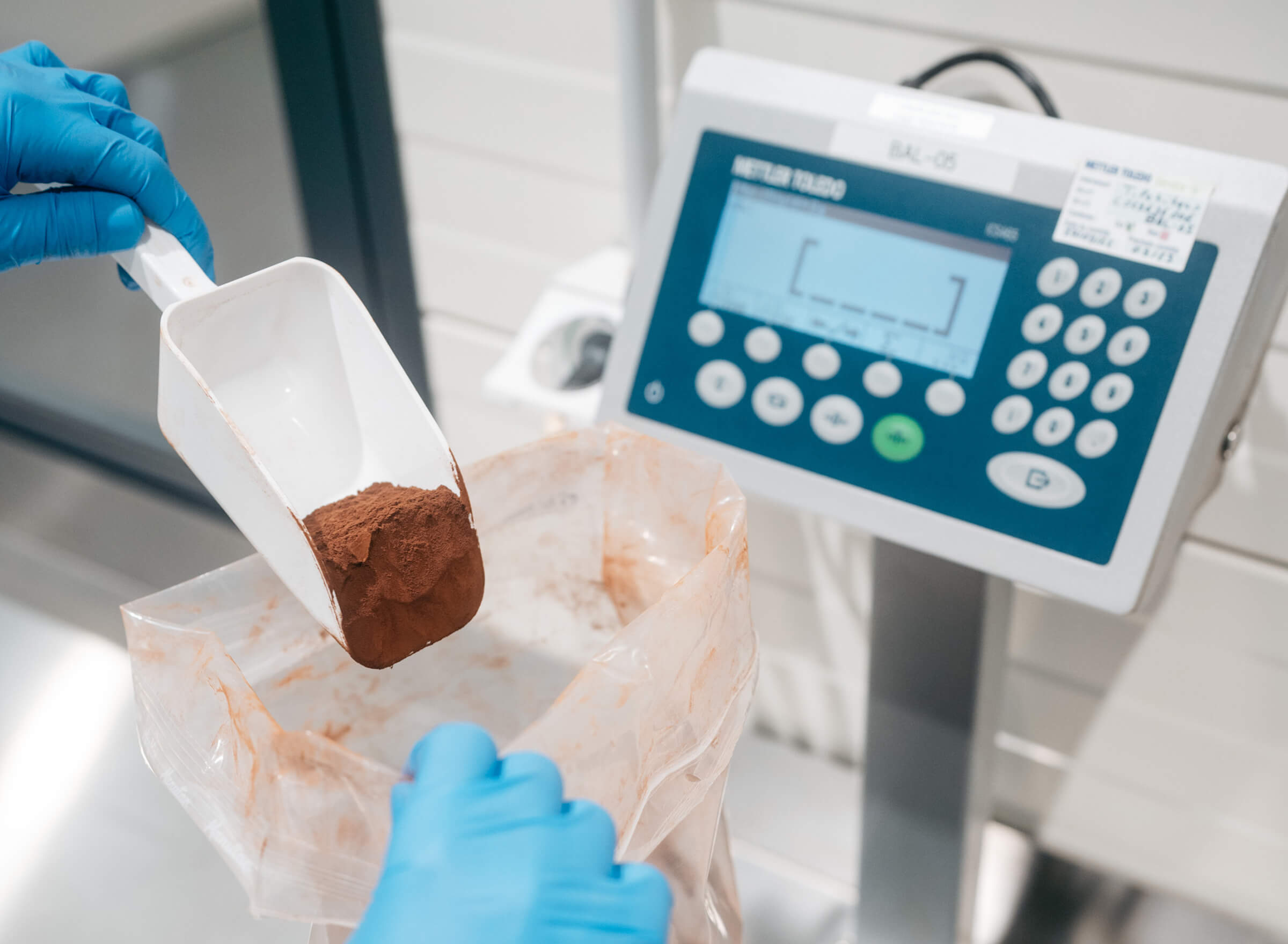
Antofénol’s biopesticide product controls fungi that cause pre-harvest losses and post-harvest mould on fruit and vegetables. As a real alternative to chemical antifungals, antoferine allows farmers and distributors to maintain their economic frameworks, while responding to new environmental and health issues.
Antoferine has many possible uses as a natural antimicrobial solution.
Although biopesticide has existed for thousands of years, it is taking on a new dimension today, in a context where respect for the environment and the preservation of an economic balance are some of the key challenges facing agriculture. Through antoferine, Antofénol is working to develop and market innovative solutions to these new agricultural challenges.